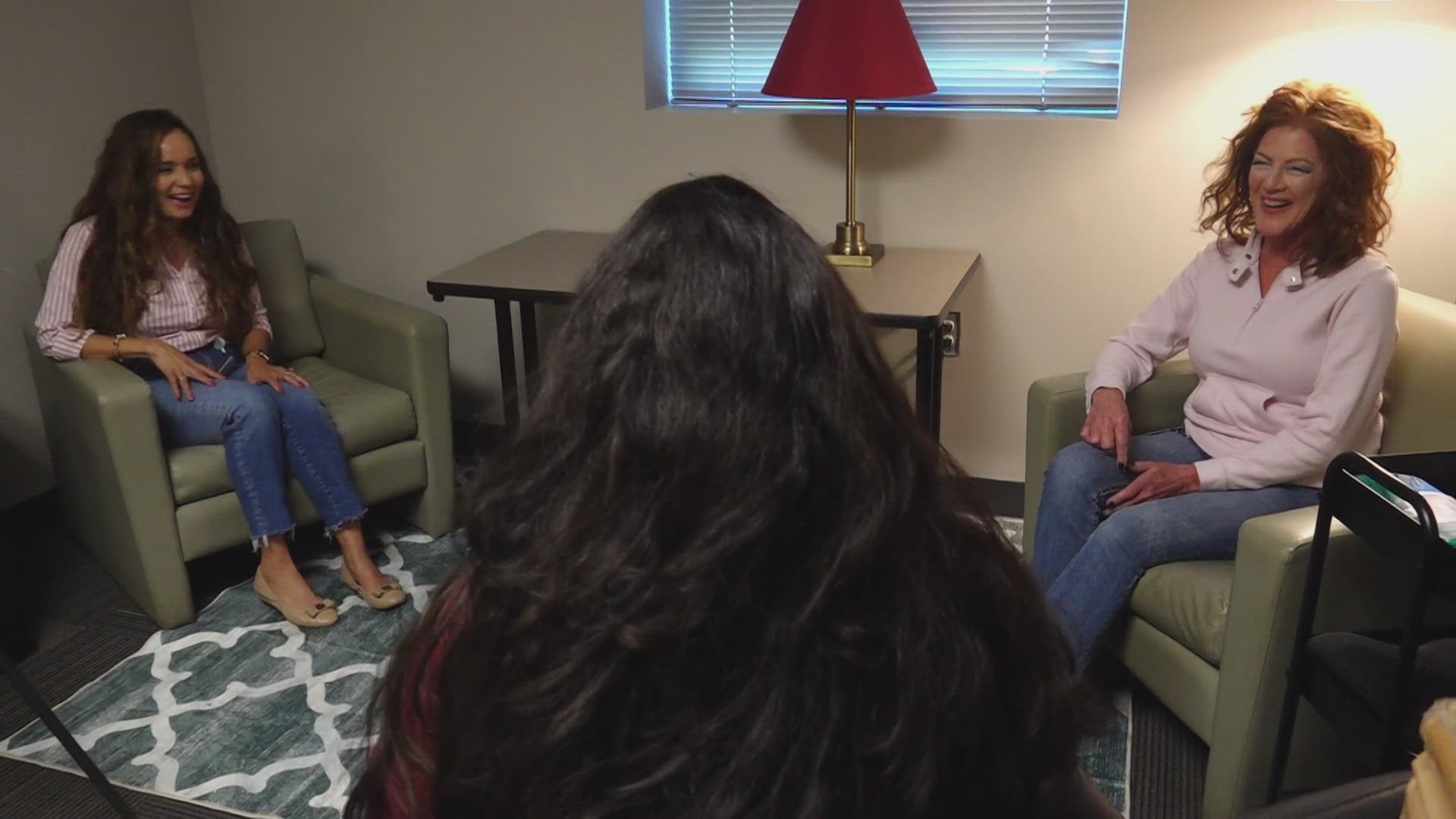KNOXVILLE, Tenn. — In Eastern Tennessee, Cherokee Health Systems has 21 brick-and-mortar sites and two mobile clinics to serve 13 counties. The federally qualified health center serves a variety of communities, including the growing Hispanic population in the area.
The health center said around 20% of its patients don’t speak English. Out of that, 80% of their patients speak Spanish. At 10News, we’re getting a sense of Hispanic Heritage Month and getting a glimpse of the center’s vision as it looks ahead to the future.
“I have many dreams,” said Azaide Labrador, the director of CHS’s interpretation department. “We need more interpreters, more training, more translation, more of everything.”
Labrador came into health provider as a patient more than 5 years ago. Soon after, she became a Spanish-English interpreter.
“It was kind of serendipitous,” she said.
Originally from Venezuela, Labrador sees firsthand how language can be a barrier for patients.
“You feel so vulnerable,” Labrador said. “You feel like you are in a bubble, isolated, not heard and scared because you may have a lot of things to say about how you feel and not all of it can come across.”
Gail Reilly, the Vice President of Medical Services, said she wants to combat that and hopes every patient feels like CHS is “their home.”
“We want to find the people that need help, that need us and get them in and give them as much of that wrap-around care as they need,” Reilly said. “We want any community, and the Hispanic community is one of those communities, to feel welcome here.”
Reilly has her sights set on providing care to underserved communities, including the Hispanic population, through brick-and-mortar locations and mobile clinics. She said part of that goal includes continuing to hire bilingual staff.
“We hire as many bilingual staff as we can so that we can speak to people in their language because that's something that makes you feel welcome, right?” Reilly said. “We also want to be culturally sensitive and aware of whatever it is, backgrounds or thoughts about health care and how you access health care, we want to be aware of that as best we can. And so the more folks that we can bring into our staff here that really understand that the better we'll be able to serve these communities.”
To make staff aware, Labrador said she leads training to educate healthcare providers on cultural differences.
“There are factors that come from different cultures, not only the Hispanic one, that can affect our health,” Labrador said. “For example, I'm going to talk about my own experience. I was not really taught about healthy eating and, you know, I ate a lot of carbs and it's just part of my culture and nutrition is not taught that great.”
It’s not just physical health conditions that can be impacted by culture and experience, Reilly said.
“The same thing with behavioral healthcare,” Reilly said. “A Hispanic population may face different stressors than other populations. Our immigrant population certainly struggles with the trauma of immigrating to this country and we want to be there to meet them with those needs. Others have experienced great trauma before they came here and we want to be sensitive to that and help them with whatever their behavioral health needs might be.”
Through cultural humility training, diverse hiring practices and continued outreach centers, Labrador said the community health center’s future is bright as they work toward continuing to care for underserved populations.
“I dream that I don't know if it will be possible, would be to have an army of interpreters for them to interpret in person in all the clinics, to have an ESL interpreter, to have translation services,” Labrador said.
This helps not only the populations being served, Reilly said, but also the community as a whole.
“It's absolutely critical for a community,” Reilly said. “I think about the infrastructure of a community are the people that make it thrive, that keep the economy going and keep the jobs going. And we all want to have the healthiest workforce possible, decrease absenteeism, make people be able to be successful and thrive and grow in their jobs. And so helping support them with good health, good access to health care, good access to behavioral health care is critical, I think for communities.”
So far in 2024, Cherokee Health System said it’s served 14,760 Hispanic patients. Its services include telehealth, available to people with and without health insurance. It also provides case management services to help with housing, food and employment.

